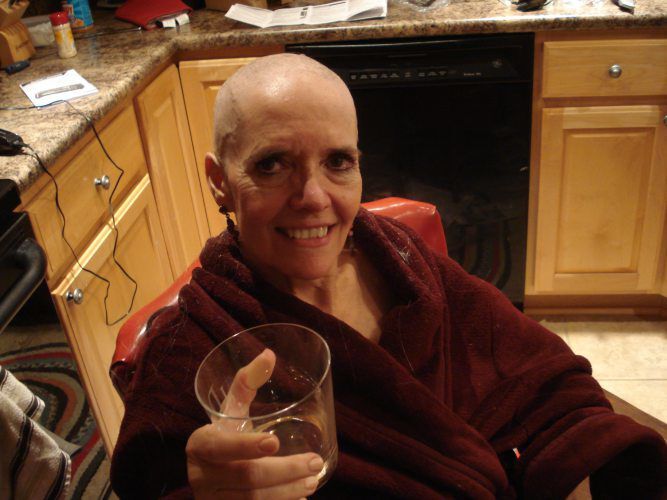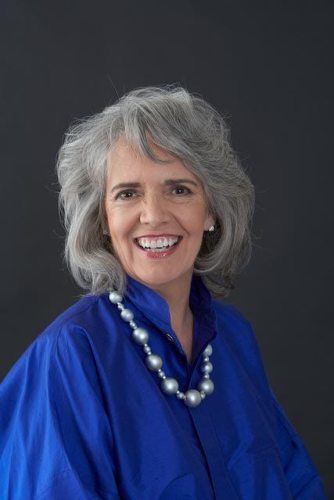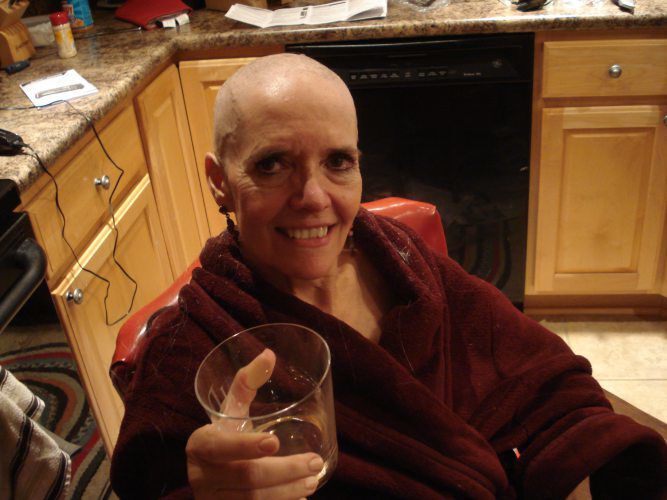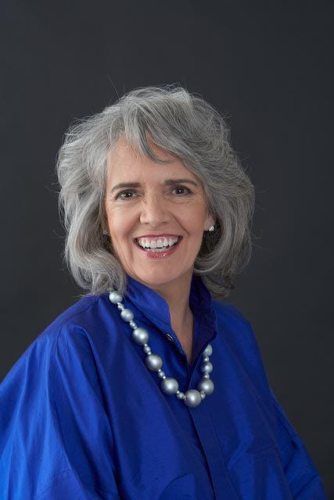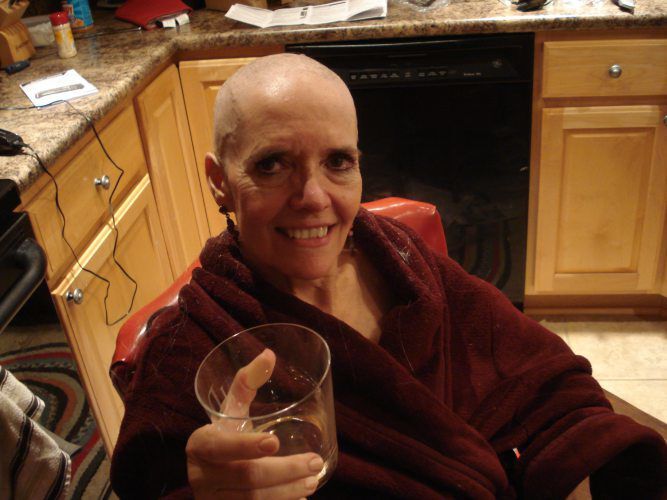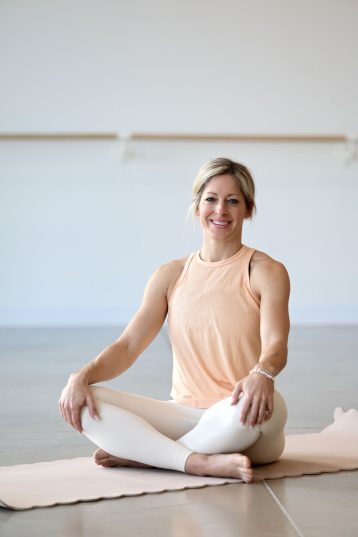I was startled when a young woman I know — a promising scientist — said she is grateful for her learning disabilities because they enable her to peer through a unique prism and appreciate others who are different in other ways.
Similarly, I’m (almost) glad I had cancer because it profoundly changed my view of the world.
I don’t think of myself as a cancer “survivor” because to me that has a melodramatic ring. I simply did what anyone would do — find good doctors and do what they told me to, which was to be cut, poisoned and burned (surgery, chemotherapy and radiation). Part of me remembers how nasty that was, but in a way, I feel like it happened to somebody else.
After all, the brain — or maybe it’s the spirit — has a wonderful amnesiac quality that enables women to even consider getting pregnant again after they’ve been through labor once. I have a hard time summoning up the details of my treatment seven years ago, unless I am talking to someone who is newly diagnosed and needs to hear not platitudes but the voice of experience.
I had an aggressive tumor (some would say that fits my personality) that was detected early, so I think of myself as not so much afflicted as spared. I am not a cancer “victim” because breast cancer is frightfully common, and although I had no family history or risk factors, I am, ahem, of a certain age.
Recently, I lunched with a foursome of women contemporaries (early 60s), and three of us had gone through cancer. While I have eluded the eternal footman for now, the experience keeps prompting me to beg the big question: Spared for what?
The illness caused me to make some difficult changes. I decided I had to let a longtime friendship go because it was taking too much out of me at a time when I had no reserves. Cancer also factored into my decision to retire a few years earlier than I had planned: Seize the day.
I am a little nicer after discovering how kind people can be, from strangers to close friends. Also, cancer convinced me of what we all know but can’t quite feel in the gut until a near-miss — that one day, even precious little me, myself, and I will well and truly die. Thus, I am a little more grateful, a little less likely to rant at the cable company on the telephone, a little more inclined to let buttinskis into my lane of traffic.
I also am more cautious because being absolutely sure that you will one day lose your life makes it infinitely more precious. In iffy weather, I wear only shoes with good traction. As a pedestrian, I seldom dash across a street, even when there are no cars coming, until — just like the Grim Reaper will one day — the ghostly white “Walk” figure beckons me on. I didn’t go through chemotherapy to get run over.
I also am less vain. There is nothing like meeting your new husband’s ex-wife for the first time with very little hair, eyebrows or eyelashes to make you get over yourself. I also think that trauma bonding strengthened my young marriage. My husband and I were wed on a Saturday, and I started treatment the following Wednesday.
When my tresses started to appear on my pillow and swirl down the drain, I asked him to shave my head. As in the beautiful Leonard Cohen song, “Hallelujah,” he put me in a kitchen chair and cut my hair — that is, after pouring me a huge Scotch, lighting a candle and starting Coltrane on the stereo. After my mane was buzzed off, I looked into his eyes and saw nothing but love.
I believe it took cancer to make me live more fully. For that, I am glad.
Rebecca Christian is a freelance writer from Ames, Iowa.

